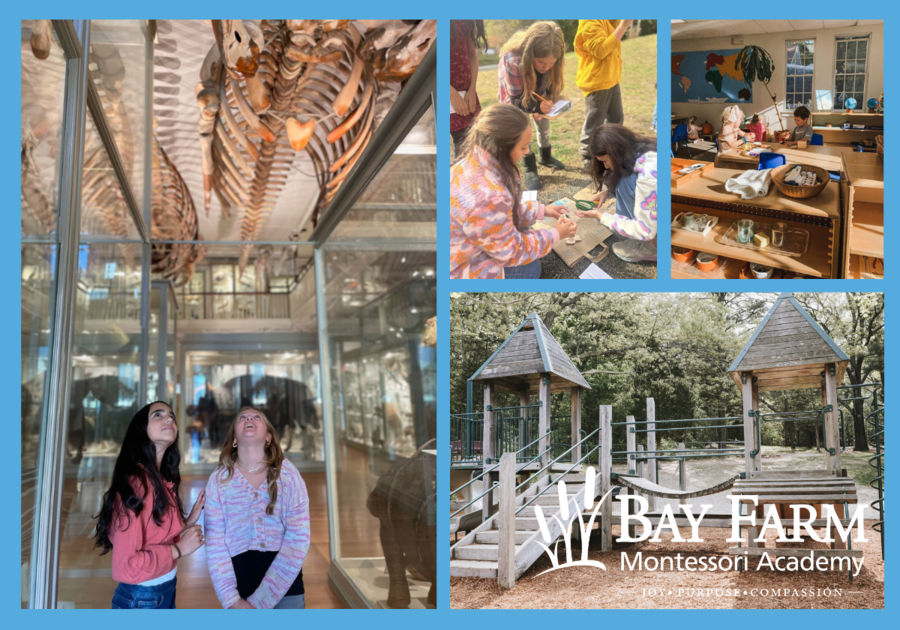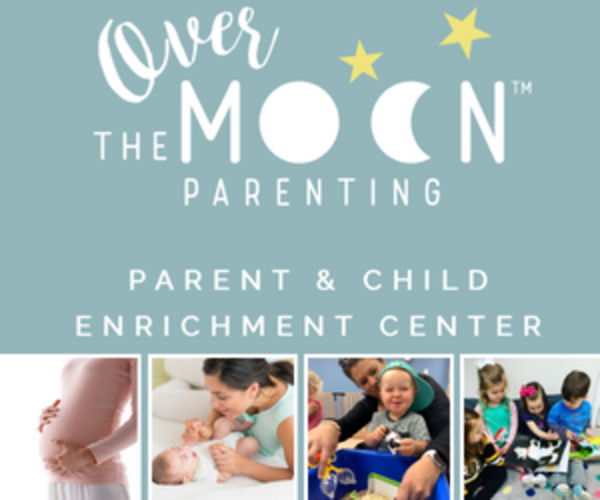Montessori education is gaining attention among parents who want a meaningful, holistic approach to their child’s learning journey. Despite its long history and effectiveness, there are still some misunderstandings about what Montessori is all about. Many parents have questions: Is it only for younger children? Is there enough structure? Will kids be ready for more traditional schooling?
To help families make informed decisions, Bay Farm Montessori Academy is shedding light on some of the most common misconceptions surrounding Montessori education and why it’s especially valuable in an era when many seek balanced, compassionate ways to navigate a divided world.
Misconception 1: Montessori Classrooms Don’t Have Structure
Some people think of Montessori education as unstructured, where students can do whatever they want with minimal direction. But Montessori classrooms—especially those for elementary-aged students—are actually carefully designed environments with clear routines, expectations, and opportunities for choice within structured boundaries. This balance of freedom and guidance helps kids build self-discipline, independence, and responsibility, all while developing a true love of learning.
At Bay Farm Montessori Academy, for example, the elementary classrooms incorporate a structured yet flexible approach, empowering students to work independently, make thoughtful decisions, and learn at their own pace. Children remain in the same class for three years, allowing them to master the curriculum and often soar above standard benchmarks because of this approach. Rather than a lack of structure, Bay Farm’s model encourages students to be active, motivated learners.
Misconception 2: Montessori is Only for Little Kids
While it’s true that Montessori education is popular for preschool and kindergarten, it also offers remarkable benefits to elementary-aged children. The curriculum at Bay Farm naturally evolves with the child, providing more complex academic challenges and opportunities for social-emotional growth as students get older. Bay Farm encourages critical thinking, problem-solving, and creativity in ways that help children develop a lifelong love of learning.
For kids in Grades 1-6, a Montessori education can provide a truly holistic education that nurtures intellectual curiosity and personal growth. Bay Farm’s ELI and ELII programs blend rigorous academics with a focus on kindness, empathy, and resilience—all qualities needed to help young people succeed as compassionate, capable citizens.
Misconception 3: Montessori Doesn’t Prepare Students for “Real” School
Parents may wonder whether Montessori-educated kids will be ready for more conventional schools later on. Bay Farm focuses on teaching children how to think critically, manage their time, and work independently. These critical executive functioning skills help children thrive when transitioning to other school settings.
Students develop not only academically but also emotionally, learning how to collaborate, communicate effectively, and work through challenges. These are key strengths that help children navigate diverse perspectives and make positive impacts in their communities. Bay Farm alumni are a testament to this approach; they excel in various endeavors and are known for their kindness, creativity, and strong sense of purpose.
Why Montessori Education Is Needed Now
As parents, many of us are looking for ways to help our children grow up as thoughtful, caring, and well-rounded individuals in a world where understanding and empathy often seem in short supply. This is one of the reasons why Montessori education resonates with so many families today. By focusing on balanced development—both intellectual and emotional—Montessori education fosters students who are not only knowledgeable but also empathetic and socially responsible.
At Bay Farm Montessori Academy, the goal of “Building Bright Minds and Big Hearts” shines through in everything they do throughout the school. Their comprehensive approach nurtures academic excellence, emotional intelligence, and a deep sense of community, helping students grow into capable, kind, contributing citizens of the world.
If you’re interested in learning more, Bay Farm Montessori Academy is now accepting applications for the 2025-2026 school year with a deadline of January 31. We encourage those who’d like to explore this unique learning community to schedule a tour by visiting bfarm.org/inquire.








